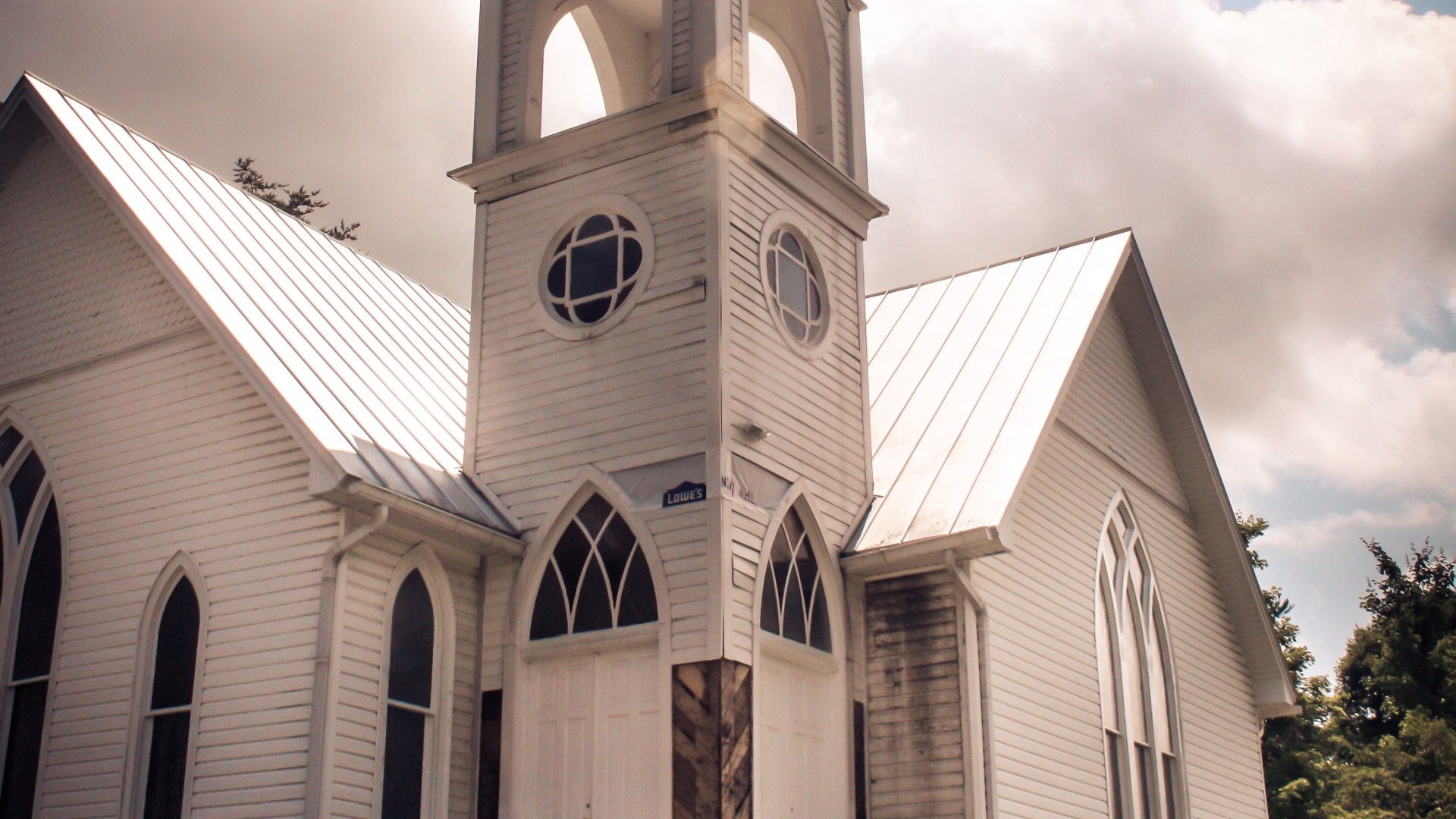I never miss the opportunity to read Justo González. The eminent Cuban American church historian has long provided a wealth of insight into the development of Christian doctrine as it has spread across the globe.
At first, I was puzzled by the title of his latest book, A Brief History of Sunday: From the New Testament to the New Creation (Eerdmans). Could 150 pages really do justice to such a massive subject? Yet the book, though small in size, packs a substantial punch, correcting a number of misconceptions long held by historians and theologians alike.
The second half of the book covers expected topics, like how the British Puritans approached the Sabbath, and how secularization has influenced Sabbath observance in modern times. But in the first half, González makes a provocative claim: that the argument for naming Sunday the Sabbath day might not be as obvious as we suppose. “Many may be surprised,” he writes, “to learn that connecting Sunday with the fourth commandment [‘Remember the Sabbath day by keeping it holy’] finds very little warrant in the early church, and that calling Sunday ‘the Sabbath’ is a relatively new phenomenon.”
The first Jewish Christians gathered after sunset on Saturday in order to break bread. With the incorporation of Gentiles, however, meetings were moved to after midnight or prior to the sunrise the next morning, since these Gentiles had work responsibilities. Moreover, for Gentiles, the week started at midnight of the seventh day anyway. But González finds that no theological reason seems to have compelled the change. As he observes, “there are very few passages that might seem to claim that the Christian Lord’s Day has taken the place of the Sabbath.”
Furthermore, he argues, “there is no expectation that on the Lord’s Day one is to rest from one’s labors, and to devote all the time to prayer, meditation, and the study of Scripture.” That development would come much later. Additionally, Sunday was not a day of “sobriety or austerity”—again, a much later development—but a day of “joy and celebration, connected first of all with the resurrection of Jesus, but also with the beginning of the new creation.”
Another popular assumption is that the Roman emperor Constantine adopted Sunday as the Lord’s Day; before his reign, Christians had worshiped on the Sabbath. Constantine’s decree in 321, however, does not go that far. There is “no mention of Sunday as ‘the first day of the week’ or as ‘the Lord’s Day.’ ” Instead, Constantine merely declared Sunday (which, according to the Roman calendar, was actually the second day of the week, the day of the Unconquered Sun—Sol Invictus) a time of rest. His commitment to Christianity was ambiguous at best. While Christian historians like Eusebius interpreted the decree as a “concession” to Christians, González thinks it was probably “a combination of his purposively ambiguous religious policy and his desire to place the Sun [celebrated on Sunday] above Saturn [celebrated on Saturday].”
So what, then, did Constantine’s decree accomplish? “Up to this time,” writes González, “Christians did not relate Sunday observances with the commandment to rest on the Sabbath. . . . Now that Sunday became a day of rest, civil laws had to determine what work was lawful on that day.” And where there were civil laws, ecclesiastical laws would eventually follow. Intentionally or otherwise, Constantine’s edict “brought about a connection between Sunday and Sabbath rest that was not present in earlier Christian thought and devotion.”
Constantine, then, didn’t “invent” Sunday—he merely made it “easier for Christians to gather, without having to be concerned over their work.” It wasn’t until centuries later, in the Middle Ages and then later with Puritanism, that Christians started to call Sunday a “Christian Sabbath,” creating laws forbidding certain activities.
The contrast with the early church is stark. As González points out, the church fathers interpreted the Sabbath as “a sign of a promised order” that “has now come—at least in part—in Christ.” As such, it was less “a matter of a particular day of the week” than a heralding “of the new day that has dawned.” In fact, he goes so far as to claim that “there are no texts from [the early church]” that even associate the Lord’s Day with the idea of “rest.”
González’s argument is mostly historical. Nevertheless, it has implications for today’s debates about the nature and purpose of the Sabbath. Why has our understanding of Sunday drifted so far from that of the earliest Christians? That may just be a question history can answer.
Matthew Barrett is the founder and executive editor of Credo Magazine. He teaches systematic theology and church history at Oak Hill Theological College in London.











